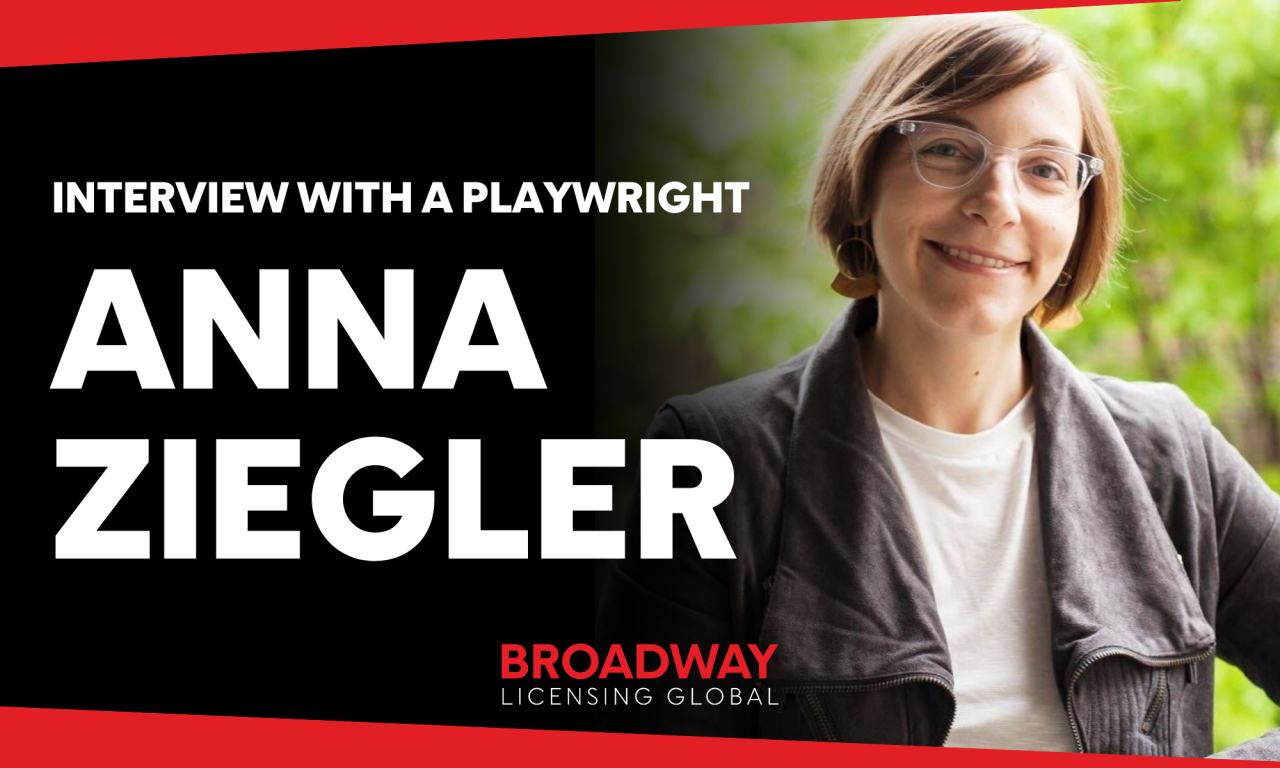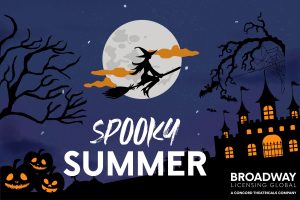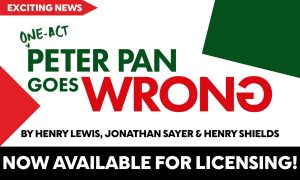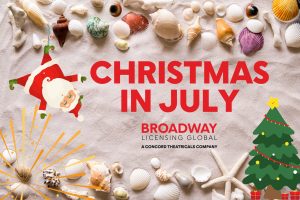Anna Ziegler is an award-winning American playwright and poet, whose work has been produced on the West End and at major theaters around the United States, Australia, Japan, Italy, Germany, India, and Sweden. A graduate of Yale University, Anna holds master’s degrees in poetry from The University of East Anglia (UK) and in dramatic writing from NYU.
Her play Photograph 51 won London’s 2016 WhatsOnStage award for Best New Play. It was also selected as a “Best of the Year” play by The Chicago Tribune, The Washington Post (twice), and The Telegraph. The following year, Williamstown Theatre Festival, Manhattan Theatre Club, and the Geffen Playhouse premiered her play Actually (winner of the Ovation Award in Los Angeles for Playwriting of an Original Play), and also in 2017 Roundabout Theatre Company produced her play The Last Match. In 2023, Roundabout Theatre Company produced The Wanderers, winner of the 2018 San Diego Critic’s Circle Award for Outstanding New Play. We spoke with Anna about her inspirations, advice, and how she got her start in theatre.
BROADWAY LICENSING: When did you first discover theatre?
ANNA: I grew up in New York City and my parents took me to see Cats when I was four or five. I must have loved it because I saw it three more times over the next few years. That said, I’m not sure I ever got any less scared of the costumed actors who would walk through the aisles and (in my memory at least) touch people in the audience. That terrified me.
BROADWAY LICENSING: What was your experience with theatre in school? Were you ever an actor or director?
ANNA: My final performance as an actor was in 8th grade when I played Louise (a bit part) in a play called Stage Door. Throughout middle school I’d played various small roles — Villager #3, that sort of thing. In 12th grade, in 1997, I wrote my first short play in a playwriting seminar but (despite taking playwriting classes in college taught by Arthur Kopit and Donald Margulies) I didn’t finish a full-length play until the summer of 2001, right after I graduated. I did, however, attempt to direct a play my sophomore year at Yale — Michael Frayn’s Copenhagen, which I’d seen and fallen in love with the summer before. Not long into the process I realized I had no idea how to direct a play, especially one as complex and unusual as Copenhagen, and so found a more seasoned college director to take over. (Thank you, Colin Spoelman.)
BROADWAY LICENSING: What made you want to become a playwright?
ANNA: I went to graduate school for playwriting and, even though I didn’t go into it thinking I’d necessarily emerge a playwright, I did end up getting hooked on the sheer difficulty of writing plays. It motivated me to keep going, to try and write a better one.
BROADWAY LICENSING: Who were the educators that inspired and encouraged you to become a writer? How did they impact your life and career?
ANNA: When I was growing up, there were many teachers who encouraged me to write (I happened to go to a somewhat hippy-dippy school at which everyone was encouraged to be an artist) but I credit (and sometimes curse) Arthur Kopit with making me a playwright. I took his playwriting seminar my senior year in college. I applied to get into it with a poem because I didn’t have a play. He admitted me and from that moment on seemed always to believe in me. He encouraged me to apply to the MFA program at NYU, where he ended up supervising my master’s thesis. He invited me to be in The Lark’s inaugural Playwrights’ Workshop in the summer of 2001, which is where I wrote my first full-length play. If not for him, I’d have taken a job working at the literary journal The Threepenny Review in San Francisco and kept at my poetry. Arthur died last year, and I miss him. He impacted my life and career profoundly.
BROADWAY LICENSING: What advice do you have for aspiring playwrights?
ANNA: Apply widely! When I was younger, I would scour the Playwrights Center’s newsletter for opportunities. Also: show up! Becoming part of the theater community where you live — by going to readings and productions and events — is probably half the battle.
A previous version of this article appeared in The Scene on 10/6/22.





